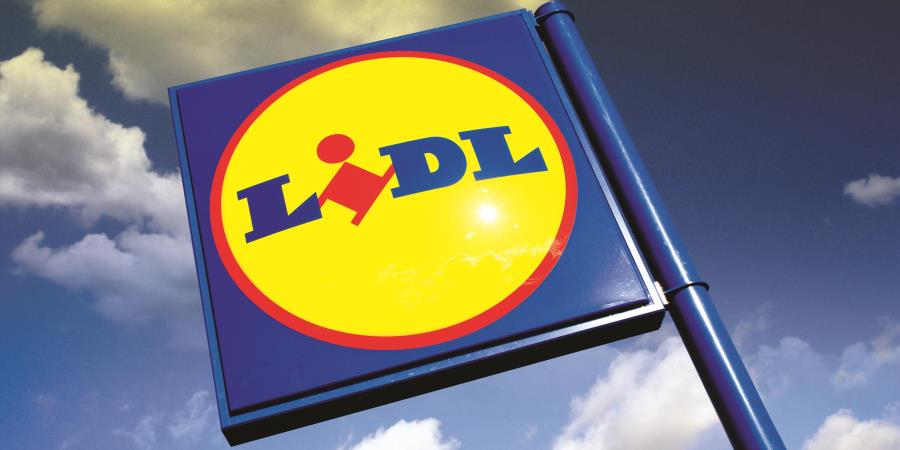Across the past 12 months, Lidl reports that it has seen a total of £120 million coming from households choosing to shop at the discounter instead of the premium priced supermarkets.
In January alone, households switched nearly £11 million from M&S, Waitrose and Sainsbury’s, an increase of over £10 million year on year.
Contributing to the year-on-year increase is its fruit and veg ranges, with the latter reaching a market share high of 10.2%, as shoppers increasingly turn to the discounter for its fresh produce.
Back in January Lidl’s chief buyer, Christof Graf, speaking at Germany’s largest agricultural show, Green Week, said the retailer would be looking to increase its plant-based offerings as: “There was no alternative,” and “no second planet.” Talking to the publication Lebensmittelzeitung, he warned that food sources needed to be carefully managed saying: “We need a more conscious diet all over the world to feed ourselves within our planetary limits.”
However, the UK supermarket reported its customers are also being enticed to the discounter by its fresh meat and poultry, which also reached a new record market share, as Lidl continues to overtrade across the category.
Ryan McDonnell, CEO at Lidl GB, said: “It’s clear that a lot of shoppers are now refusing to pay a premium for their groceries. As we progress into 2023, we are seeing more customers coming through our doors, switching spend to Lidl from premium supermarkets. We know they switch to us to make savings, but then they stay with us when they realise that they’re not having to compromise on quality.”
Independent analysis of shopping lists across the nation, from fresh produce to branded items, found Lidl GB was £10.31 cheaper than Sainsbury’s and £24.82 cheaper than Waitrose. The Super 33 monthly price comparison also revealed that Lidl GB was cheapest for 21 items.
Recently, the discounter announced plans to invest £4 billion into British food business, accelerating initial spending plans announced in 2019, which saw Lidl GB commit to a five-year £15 billion investment in the British Food Industry across FY20 – FY25, with the figure now expected to hit £17 billion.









